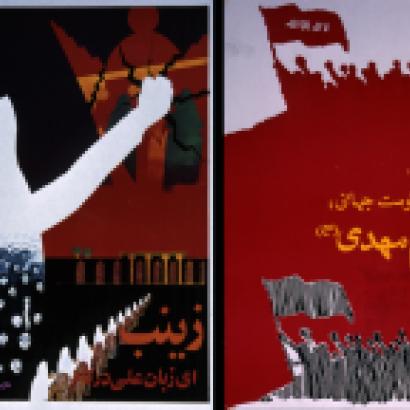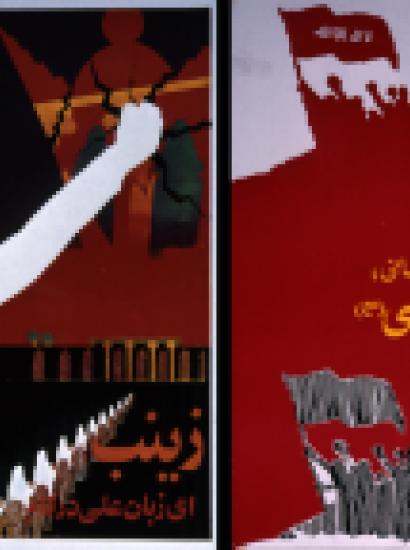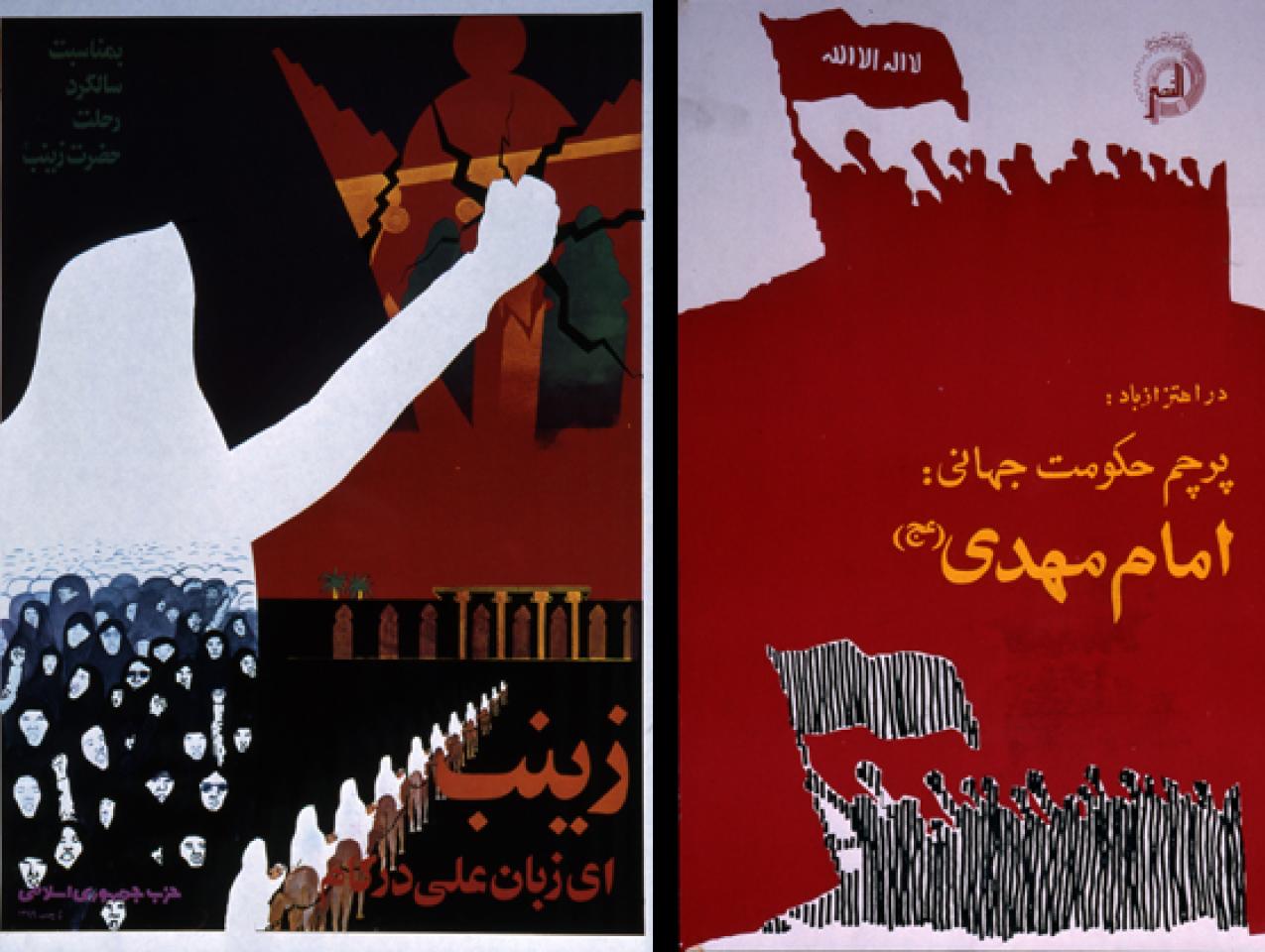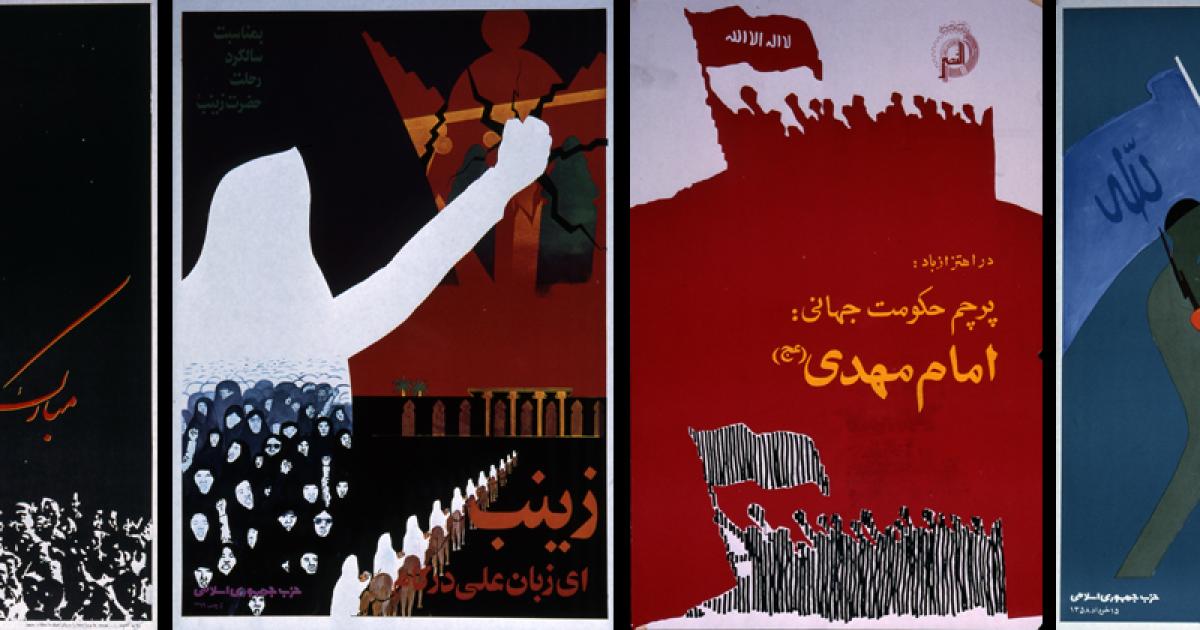For too long, the Middle East has dominated American foreign policy agenda to the detriment of addressing the nation’s most significant long-term challenges. The Trump Administration’s National Security Strategy has begun prudently to correct that, recalibrating America’s ranking of interests and threats to reflect geopolitical realities.
Even at the apogee of the Middle East’s significance during the Cold War, preventing hostile powers from dominating either Europe or Asia loomed as the paramount challenge. Even so, the United States rightly deemed it vital to prevent either the Soviet Union or any other hostile power from directly or indirectly dominating the Middle East’s oil reserves on which the United States, its allies, and much of the world depended. Now that the United States has become an energy superpower, the significance of the Middle East will continue to diminish, especially relative to the Indo-Pacific, by far the world’s most important power center for the 21st century, and to Europe.
The Trump Administration defines accordingly “the central challenge to U.S. prosperity and security is the reemergence of long-term, strategic competition by what the National Security Strategy classifies as revisionist powers,” according to the January 2018 Summary of The National Defense Strategy. The Administration envisages both the revisionist regimes of China and Russia as striving for a “world consistent with their authoritarian model—gaining veto authority over other nations’ economic, diplomatic, and security decisions.”1 The Administration has reallocated America’s economic, political, and military resources accordingly. President Trump’s Asia Pivot is real rather than rhetorical. While cajoling our European allies to contribute more for their own defense, the President has also bolstered American presence there and increasingly contested Russian ambitions in Ukraine and Syria.
Correspondingly, the Administration has scaled back American strategic ambitions in the Middle East, pursuing more traditional and limited ends while remaining engaged in the region: 1) preventing a single hostile hegemon from dominating the region; 2) deterring rogue regimes from crossing the nuclear threshold and/or sponsoring terror; and 3) broadening and deepening cooperation with a decent democratic Israel sharing similar values and largely compatible strategic interests.
Thus, the Administration has abandoned President Bush’s noble efforts to promote democratic regime change in the Middle East, which the premature American withdrawal from Iraq has doomed beyond repair for the foreseeable future. In the Indo-Pacific and Europe, President Trump’s rhetoric if not his actions understates the benefits of values-based alliance systems in Europe and Asia where more propitious conditions for their success exist. In the Middle East, however, the president’s transactional inclinations serve the United States better than any of the plausible alternatives. Here, the United States must choose its often unsavory strategic partners in the region—Israel excepted—based on the ethic of the lesser moral and geopolitical evil—without permanent allies, but permanent interests.
Second, the Trump Administration has substantially though provisionally restored strategic and moral sanity to American foreign policy in the Middle East by reversing his predecessor’s feckless policies towards Iran and Israel. Instead of conciliating the virulently Islamist Iranian regime, the Administration has rightly identified Iran’s nuclear and regional aspirations as the paramount threat to American interests in the region and those of our allies. The Administration abrogated President Obama’s fatally flawed nuclear deal with Iran that facilitated the Iranians’ crossing the nuclear threshold while subsidizing the rogue regime economically by lifting sanctions. The President has re-imposed and intensified sanctions on Iran that bite while encouraging the formation of a regional coalition including Israel and Saudi Arabia stoutly to resist Iranian ambitions. Meanwhile, the Administration has refused—prudently until now—to rise to mounting Iranian provocations aimed at dragging the United States into a premature confrontation.
The President’s decision to move the American Embassy to Jerusalem is a not so ironic example of principle complementing his strategic calculations more than his critics recognize.2 In contrast to his predecessor, President Trump recognizes that a strong, powerful, decent democratic Israel is a strategic asset, not a moral liability. Assuming the President stands firm rather than folds on Iran, his fulfillment of his embassy pledge may go down as the positive inflection point of the Administration’s national security strategy—just the opposite of President Obama’s Syrian cave- in that lowered the barriers to predators everywhere.
Third, the Administration has inflicted a major defeat on ISIS, which has lost its large safe haven and the preponderance its capabilities.
Even with President Trump’s strong start sensibly recalibrating American ends and means in the Middle East, perils and uncertainties remain. Iran’s brazen attacks on the Saudi oil fields calls into question the President’s calculation that his strategy of maximum pressure, bolstering American military presence in Saudi Arabia, and sanctions will suffice to deal with this increasingly desperate and bellicose regime. The resignation of John Bolton—the Administration’s most hawkish voice on Iran—does not bolster the credibility of American rhetorical resolve that Iran may deem a bluff. Nor do we know whether the Administration’s determination to withdraw from Syria will create a power vacuum allowing some form of ISIS to reemerge. The reckoning has also come on what to do about Turkey. An increasingly Islamist, authoritarian, anti-American Turkey no longer belongs in NATO or serves as a reliable partner in the Middle East. As a Former Deputy Secretary of Defense for President George W. Bush warns, Turkey’s taking delivery of Russian S-400 missile air defense systems on July 12, 2019 is “the latest of a long series of events through which Turkey has proven itself to be an adversary rather than an ally.”3
The upshot: On one hand, the Middle East will remain important but increasingly secondary to America’s larger strategic interests in Europe and the Indo-Pacific. The Trump Administration’s pursuit of more limited ends in the region well accords with the dictate’s strategic prudence. On the other hand, the mounting defiance of a revolutionary Iran reminds that the United States cannot disengage entirely from a region still vital to our vital allies.
















